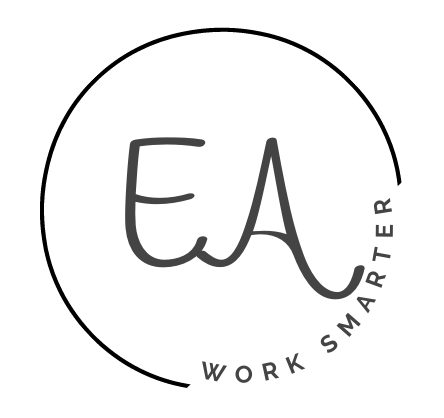If you’re trying to figure out how much to charge for tutoring elementary students, this pricing guide will come in handy.
Tutoring rates for elementary children range from $20/hour for a high school student up to $75/hour for a certified, experienced K-12 educator with a college degree.
Several factors, such as location, market demands, education level, and professional experience, affect how much to charge.
This pricing guide details how much you should charge for tutoring elementary students.
How Much to Charge for Tutoring Elementary Students
1. Consider Key Factors.
Location
What’s the cost of living where you live? Tutors in big cities generally charge higher fees because of the greater expense of living in a major city.
Even within a city, there is a range of economic levels.
Supply and Demand
Is there a great demand for elementary tutors in your area? Even if you live in a city, if there is no demand, your base pay rate may be lower.
Supply and demand have a significant impact on how much you’ll be able to charge for your elementary tutoring services.
Education
Are you a high school student? College graduate? Do you hold a postgraduate degree?
How much you should charge for tutoring elementary learners depends in part on your level of education.
Experience
Professional tutoring and/or formal teaching experience increases your pay rate.
Do you possess a current, state-issued teaching certificate in the area in which you’ll tutor?
A teaching certification signals that you’re current with the latest teaching practices in your subject area.
Furthermore, it shows that you possess the level of skills, knowledge, and expertise necessary to support children academically.
Subjects Offered
Individuals who tutor more “complex” subjects or who specialize in a unique pedagogy (e.g. special education, bilingual education) can generally increase their rates because the demand is usually greater.
Related Content:
2. Calculate How Much to Charge for Tutoring Elementary Students.
Step 1: Calculate the Average Tutoring in Your Area.
Set your baseline price using this quick trick.
Open your favorite search engine, and type “What is the average tutoring rate in [insert your city and state] zippia.com?“
So as an example, I would type in “What is the average tutoring rate in Houston, Texas payscale.com?”
As of March 2023, the average tutoring rate in the city of Houston is $14.67.
Now add $15 to the average pay rate for your specified city.
Using the example above, the total amount would be equal to $29.67 ($14.67 + $15.00)
So my pricing starts from this price point (*See note in the next section about individuals with “some high school*).
Step 2: Consider Your Highest level of Education.
High school diploma: → base rate stays the same
Bachelor’s degree: → add $2
Masters: → add $3
Some high school: → $20 flat
Step 3: Account for Relevant Work Experience.
- Years of professional tutoring → .50 x the number of years OR
- Formal teaching experience in K-12 setting → .75 x number of years
Step 4: Adjust for Tutoring a “Complex” or In-Demand Subject Area.
Add .50¢ to your base rate.
Step 5: Include Your Teaching License.
- An additional $2 for a teaching certificate
This formula is only a suggestion. Increase your base rate significantly if there is a lot of demand for tutoring services in your area.
3. Charge for “Hidden” Tutoring Expenses.
If you’ll travel to the student’s destination (e.g. personal residence), increase your base fee. Consider wear/tear on your car in addition to gas and travel time.
It’s convenient for customers to have a “mobile” tutor, so you should be compensated for providing this service.
Use the U.S. business mileage tax rate to calculate gas mileage, and consider an app to keep track of weekly mileage.
4. Draft a Cancellation Policy.
Communicate with parents upfront about your cancellation policy.
Suggestions…
- If a student simply doesn’t show up, charge the full price of the tutoring session.
- If a client cancels within 12 hours, invoice for half the charge.
- Consider offering a one-time grace period.
With elementary families, lots of things come up, and it’s okay to be flexible.
But do have a cancellation policy in place, share it in writing with parents, and stick with it.
Tutoring is like any other business; your time is valuable and needs to be respected.
5. Offer Elementary Tutoring Discounts.
- Offer a discount to families that ask you to tutor two or more of their kids at once.
- Suggest a discounted fee from your base rate if parents commit to paying for a set number of classes per month in advance.
6. Follow These Tips to Help You Charge More for Elementary Tutoring.
- Keep a progress report log, and communicate regularly with parents to let them know how their child is progressing.
- Communicate with the classroom teacher so that you both are on the same page. Parents will appreciate this.
- Consider offering tutoring packages. Include homework help, class project assistance, extra online/Zoom lessons, etc. Be creative. Think of what parents need most, and bundle those services along with tutoring.
Now You Know How Much to Charge for Tutoring Kids
Some people equate quality with price, so don’t sell yourself short. Charge a decent amount for your quality services, and then exceed clients’ expectations.
